Enterprise Blade Servers
Using blade servers can help you improve both data centre resource utilisation and effectiveness, and IT PRO has exclusively reviewed and tested four of the latest blade server products.

Sign up today and you will receive a free copy of our Future Focus 2025 report - the leading guidance on AI, cybersecurity and other IT challenges as per 700+ senior executives
You are now subscribed
Your newsletter sign-up was successful
Many data centres and service providers find the appeal of rack servers undeniable as these slim-line packages offer high processing densities allowing businesses to maximize their server room floor space. However, more and more are now becoming aware of the side effects of massively dense rack cabinets. In the drive to reduce running costs many businesses are looking at the effects on their IT budgets of power consumption and utility costs and these concerns extend to heat output per rack and the amount of air conditioning required for cool running.
Blade servers may have been introduced over five years ago as high processing density alternatives to rack server but their other benefits are now making them look a more sensible choice where rising costs are a big issue. Businesses are now less concerned about processing density and more concerned about the number of servers within a particular power envelope for a given rack size. To cater for this blade server design has evolved over the past couple of years and the focus has been moving away from sheer processing power to other areas such as reduced power consumption and heat output.
Cooling has been made more efficient as the chassis features have been developed so fans can be removed from the server blades themselves thus freeing up more space for memory, storage and faster processors. This has added benefits as a rack full of blade servers will have fewer moving parts and the chassis can deliver high levels of cooling and power redundancy. Rising supports costs are another consideration and blade servers have the facilities to provide better centralised management and easier deployment.
In this group test we take a closer look at the four big players in the blade server market and bring you in-depth reviews of the very latest systems from Dell, Fujitsu Siemens, HP and IBM. Having followed blade server development since its early days it has been interesting to see that these four blue chips now have the UK and European market pretty much sewn up. Blade server development is a costly business and many other vendors have either tried their hand briefly or simply stayed well away. Bizarrely, NEC came in a couple of years ago with its Express5800 blade system but a design fault on it UK web site meant that the product isn't currently being made available to this market. Tiawanese manufacturer Supermicro has been threatening to deliver a blade server for years but nothing has ever materialised whilst others such as Tatung and Nexcom have an insignificant or non-existent presence in this neck of the woods.
As you'll see in this group test, the four participants haven't rested in their laurels and are continuing to develop blade server technology with some impressive results. The latest dual-core Xeon and Opteron processors provide significant benefits and all four systems offer support for both of these with a resultant increase in processing density. And you're not tied to one technology either as blades allow you to mix and match processing requirements as demand dictates. Storage options continue to improve and many blades support the latest low-profile SAS and SATA hard disks with RAID as a standard feature. Connectivity options have come a long way as well with basic Gigabit Ethernet switching now complimented with 4Gbps fibre channel and in some cases even 10-Gigabit options.
Businesses faced with spiralling costs of managing and maintaining data centres and hosted services need to look closer at blade servers as they can be a better alternative to rack servers. Even with a relatively small number of vendors in this market there's still a huge range of choices available and we give you the low-down on the top four systems currently available.
Sign up today and you will receive a free copy of our Future Focus 2025 report - the leading guidance on AI, cybersecurity and other IT challenges as per 700+ senior executives
Dave is an IT consultant and freelance journalist specialising in hands-on reviews of computer networking products covering all market sectors from small businesses to enterprises. Founder of Binary Testing Ltd – the UK’s premier independent network testing laboratory - Dave has over 45 years of experience in the IT industry.
Dave has produced many thousands of in-depth business networking product reviews from his lab which have been reproduced globally. Writing for ITPro and its sister title, PC Pro, he covers all areas of business IT infrastructure, including servers, storage, network security, data protection, cloud, infrastructure and services.
-
 Anthropic promises ‘Opus-level’ reasoning with new Claude Sonnet 4.6 model
Anthropic promises ‘Opus-level’ reasoning with new Claude Sonnet 4.6 modelNews The latest addition to the Claude family is explicitly intended to power AI agents, with pricing and capabilities designed to attract enterprise attention
-
 Researchers call on password managers to beef up defenses
Researchers call on password managers to beef up defensesNews Analysts at ETH Zurich called for cryptographic standard improvements after a host of password managers were found lacking
-
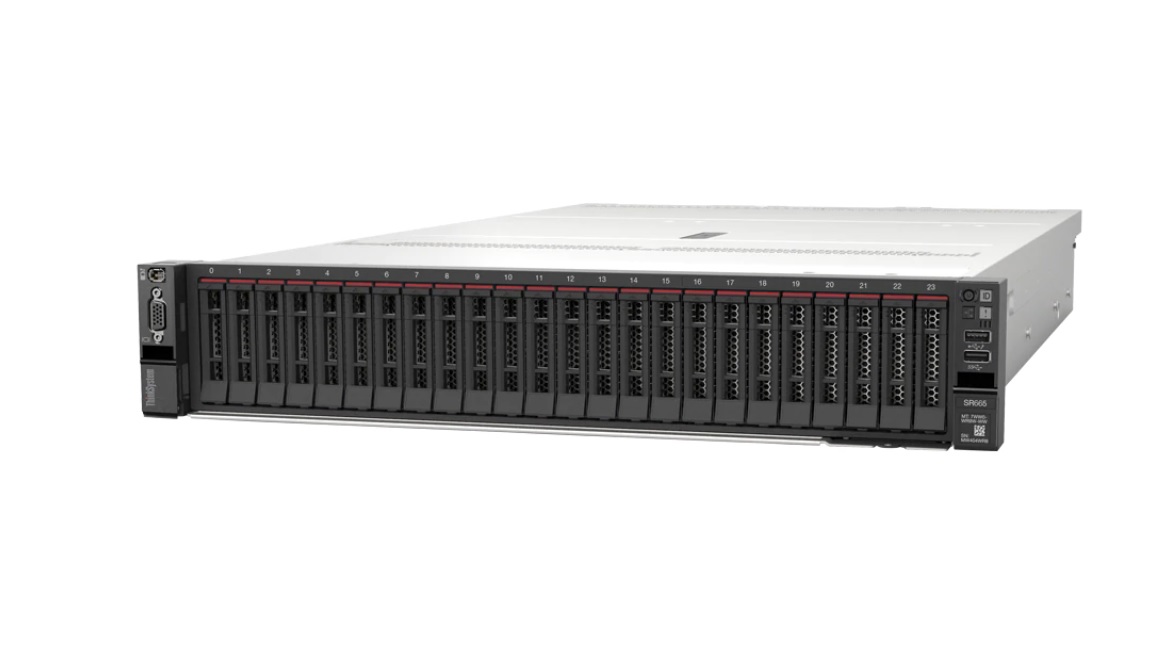 Lenovo introduces ThinkSystem SR645 and SR665 two-socket servers
Lenovo introduces ThinkSystem SR645 and SR665 two-socket serversNews Lenovo joins the dual-socket AMD EPYC game with two new servers
-
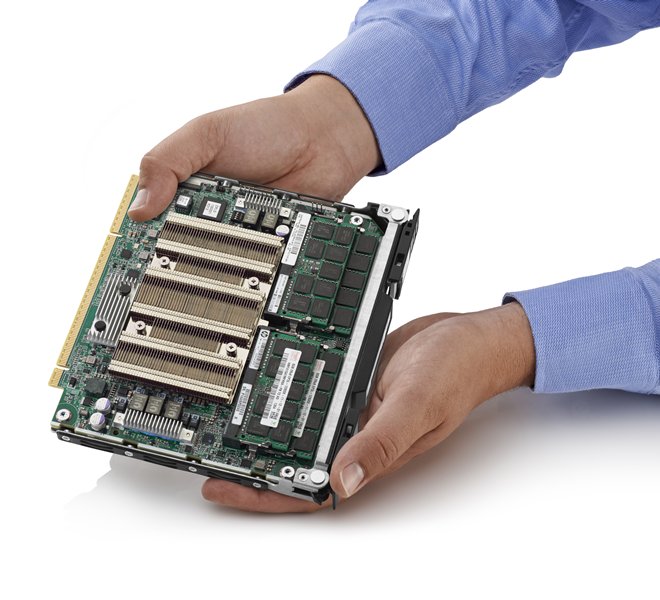 HP packs 64-bit ARM chips into Moonshot servers
HP packs 64-bit ARM chips into Moonshot serversNews ARM coming to a mainstream datacentre near you soon
-
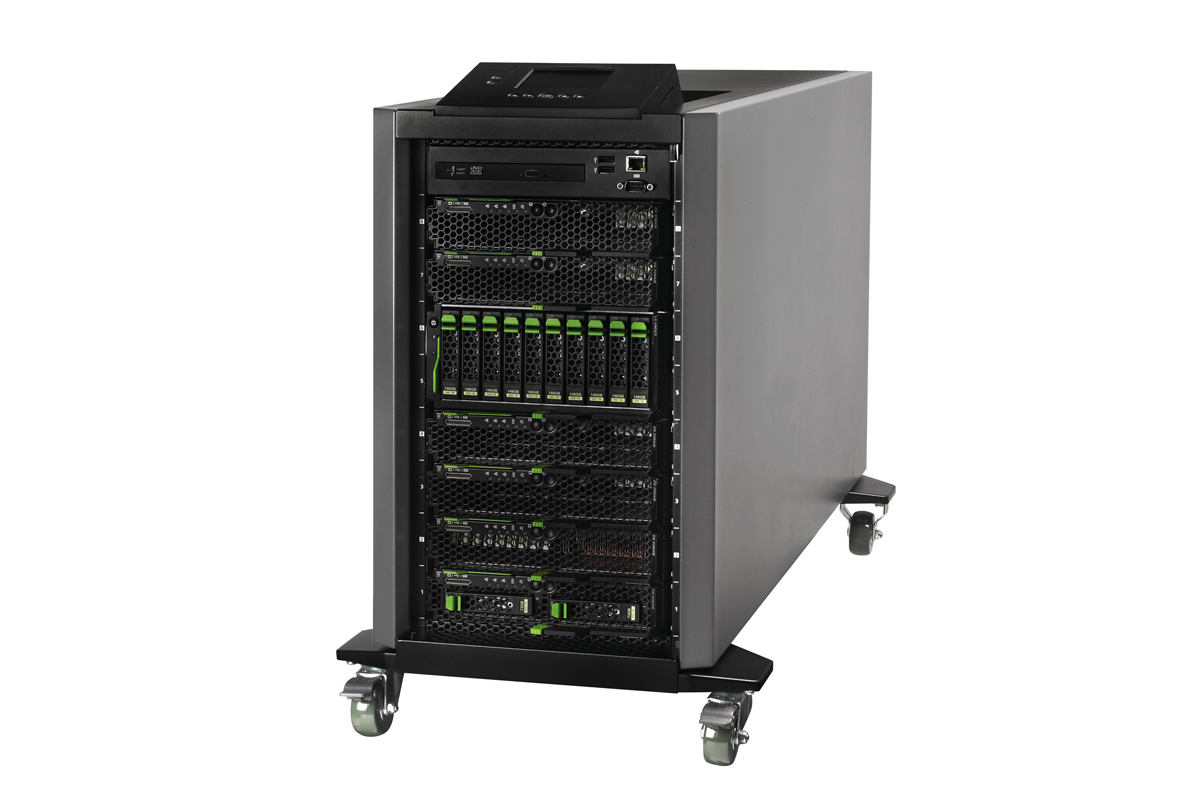 Fujitsu Primergy BX400 S1 review
Fujitsu Primergy BX400 S1 reviewReviews Fujitsu's new Primergy BX400 S1 blade server is a complete data centre on wheels for SMBs. However, HP sells a very similar system, the c3000 Shorty. Is the new Primergy a match for the Shorty? Dave Mitchell finds out in our exclusive review.
-
 HP refreshes rack and blade server lines
HP refreshes rack and blade server linesNews At its Tech Forum event in Las Vegas, HP calls it latest server refresh the biggest in at least four years.
-
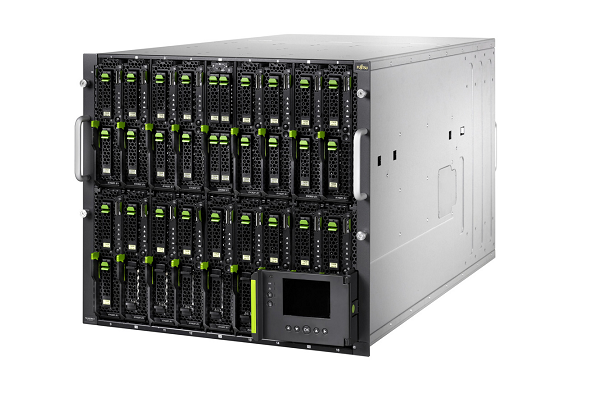 Fujitsu Primergy BX900S1 Dynamic Cube - blade server review
Fujitsu Primergy BX900S1 Dynamic Cube - blade server reviewReviews Fujitsu ups the ante in the blade server market with its new Dynamic Cube. Is resistance futile?
-
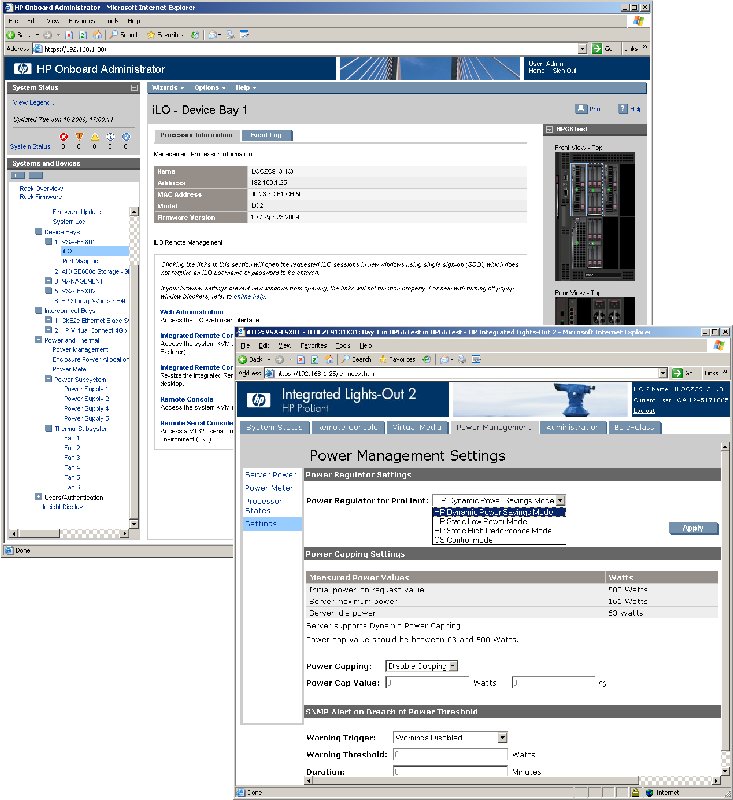 HP BladeSystem c3000 review: blade server
HP BladeSystem c3000 review: blade serverReviews Built like a tank and not weighing much less, this floor-standing ‘data-centre in a box’ from HP comes on wheels, much to Dave Mitchell's relief.
-
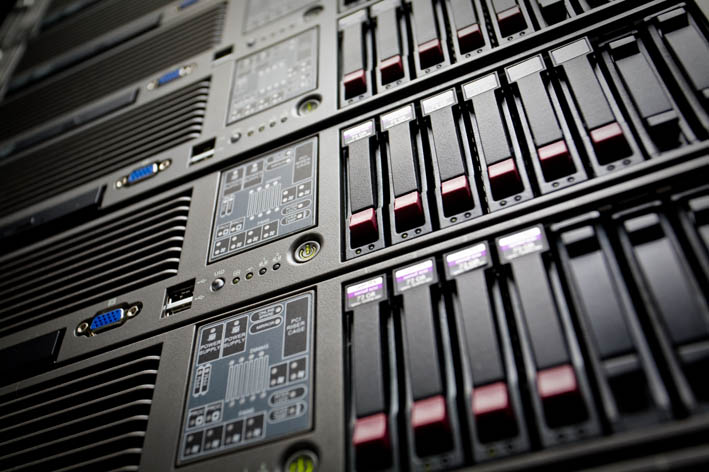 Double-digit decline for servers
Double-digit decline for serversNews The economy has hit server shipments around the world, sending them down 12 per cent and hitting revenue for the quarter, too.
-
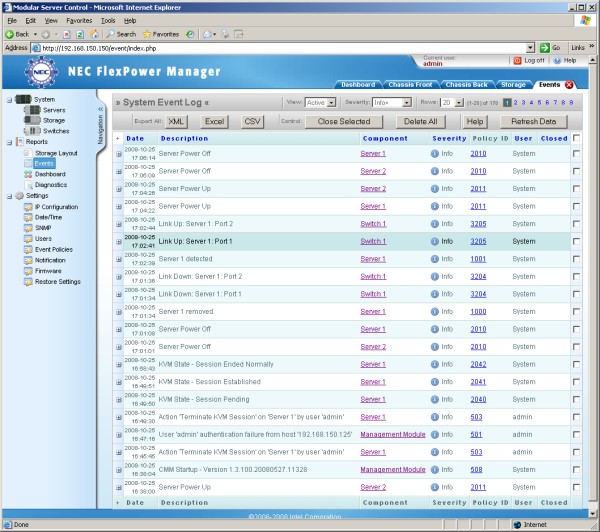 EXCLUSIVE - NEC FlexPower Server
EXCLUSIVE - NEC FlexPower ServerReviews NEC delivers a blade server solution to SMBs and shows that this technology doesn’t need an enterprise price tag.
